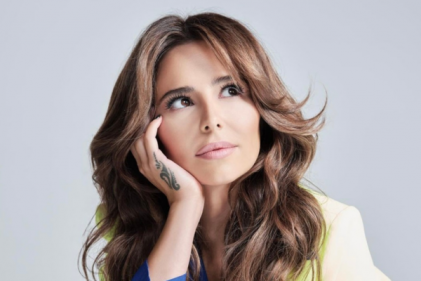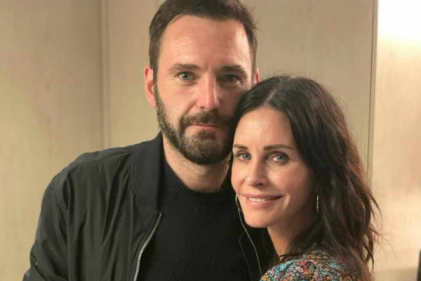
Approximately one in 100 people in Ireland has autism or, as it is commonly known, ‘ASD’ (Autistic Spectrum Disorder). The term ‘spectrum disorder’ means that the signs and symptoms of autism can present themselves in varying degrees, covering a broad range of severity, from mild to severe. No two people will have the exact same set of symptoms; even those given the same diagnosis may have very different skillsets and behaviours.
People with autism have difficulty with and need help developing social interaction and communication skills, including verbal and non-verbal. Abstract ideas can be difficult to grasp, and sarcasm is often not picked up on, as meanings can be taken quite literally. Trying to make sense of the world, many people with autism display a strong need for routine, often resisting and becoming distressed by change. Some people show extreme interests or even obsessions with certain topics or objects, and many are exceptionally gifted in areas such as maths, science and the arts.
It is believed that autism develops very early on in the brain. As yet, we are unsure of what causes it, but genetics and environment are both believed to play a part. Being aware of the signs and symptoms of autism gives you the best chance of recognising it early on in a child’s development. Although there is no cure, the earlier autistic signs are noticed and treated, the better the child’s progress and development will be. It would be ideal to recognise the signs by 18 months, but this is not always easy, with symptoms being very subtle at this stage. Typically, the clearest signs appear between 2-3 years.

What are some of the earliest signs of autism?
-
Absence of eye-contact when you are engaging with the child
-
Does not smile and interact with you, even after you’ve instigated it
-
Does not imitate your movements or facial expressions
-
Unresponsive to their own name
-
Does not initiate interaction between themselves and others
-
Lack of interest in/ does not visually follow another’s gestures
-
Delayed “baby-talk” and speech development
-
No words by 16 months
Later signs of autism
-
Preferring to play alone, having difficulty socially interacting
-
Does not typically respond to displays of emotions whether loving or otherwise
-
Has difficulty interpreting facial expressions
-
Repetitive behaviours such as: arm-flapping, rocking, twirling, lining up toys, moving fingers in front of their eyes, showing an intense interest in spinning objects.
-
Does not engage in imaginary play
-
Need for routine – children with autism may be quite inflexible and become very distressed if something is not done in the order or way they are accustomed to.
-
Has an unusual attachment and interest in certain inanimate objects.
-
May display aggressive behaviours towards themselves or others
-
Extremely sensitive to sensory stimulation

People with autism see and experience the world differently to others. This does not have to be viewed negatively, as many people with autism have used their incredible vision and imaginations to open up new wonders to the world. Mozart, Einstein, Sir Isaac Newton, Tim Burton and Andy Warhol are just some of the well-known figures who live/d with autism. There are plenty more. With treatment and support, many people with autism can lead full, productive, happy lives.
What should you do if you are worried about your child’s development and you suspect autism?
If you are not entirely happy that your child is meeting their expected developmental marks, and are worried about some of their behaviours, ask at your child’s scheduled developmental checks or ask your GP for a referral to a Developmental Paediatrician. Older children will need to see an Educational Psychologist; the principal of your child’s school will help direct you on the right path. Autism is diagnosed by careful observations of the child’s communication levels, behaviours and general progress. Please be aware that there can be long waiting lists for having your child assessed, so as soon as you suspect the need for support, ask for it!
The message I’m hoping to get across in all of this is, first off; don’t panic if you suspect your child has autism. Your child is a unique individual, with their own wonderful personality and gifts. Love and praise them for all the goodness they bring with them, and support them in their development as you would all your children - as best you can! Don’t put off asking for help or advice for fear that you might label your child. We all know we need to put our children’s best interests first, even before our own fears. All of us, without exception, who want to reach our potentials, require love and support to get there; and there is absolutely no shame in that. If your child has autism, accept it, go with it, support your child and see what wonderful adventures their life journey may take them on.














